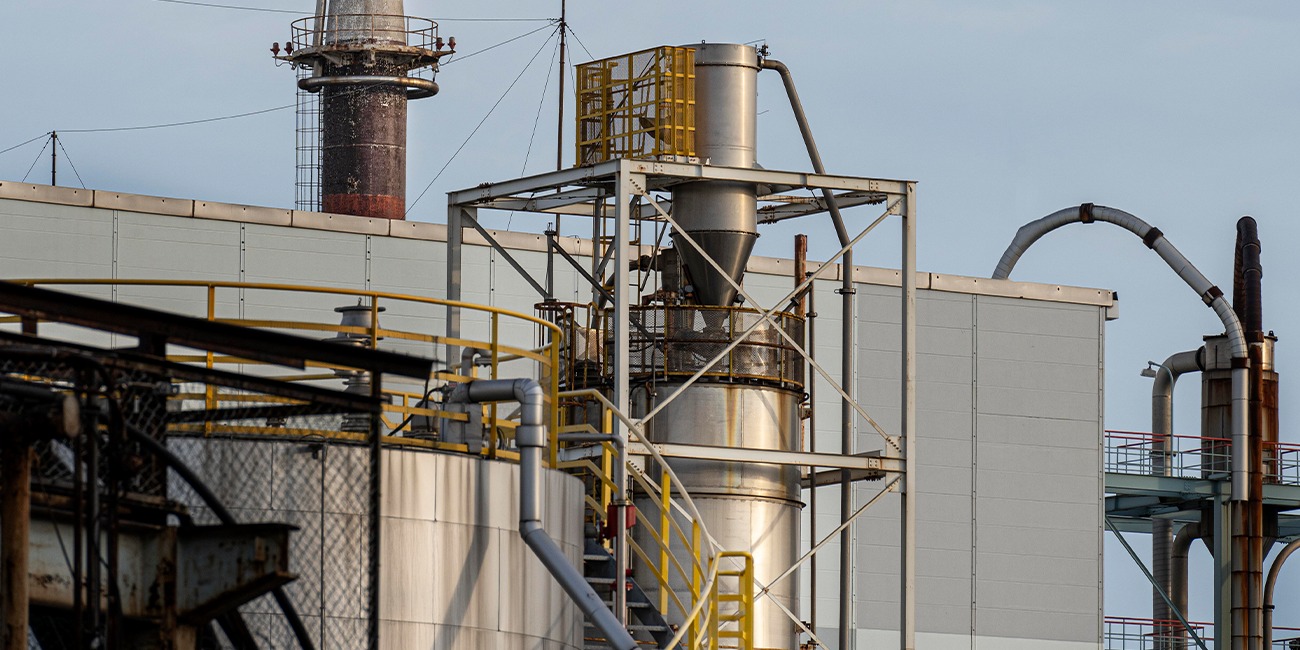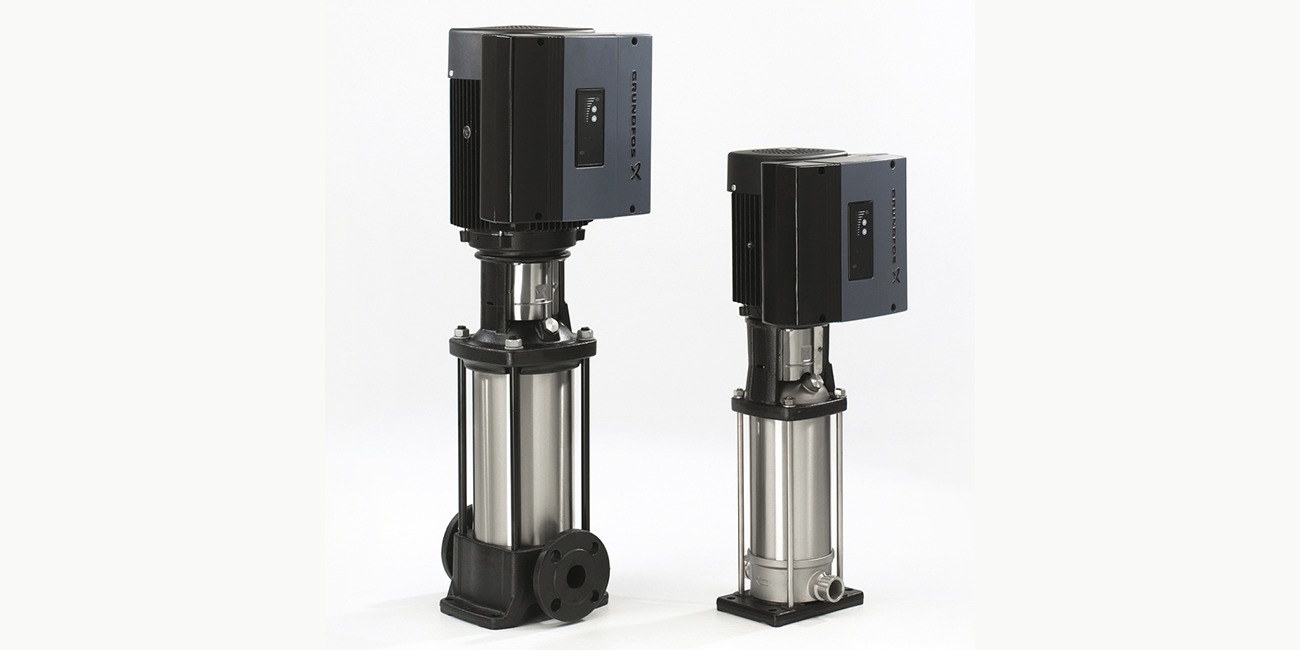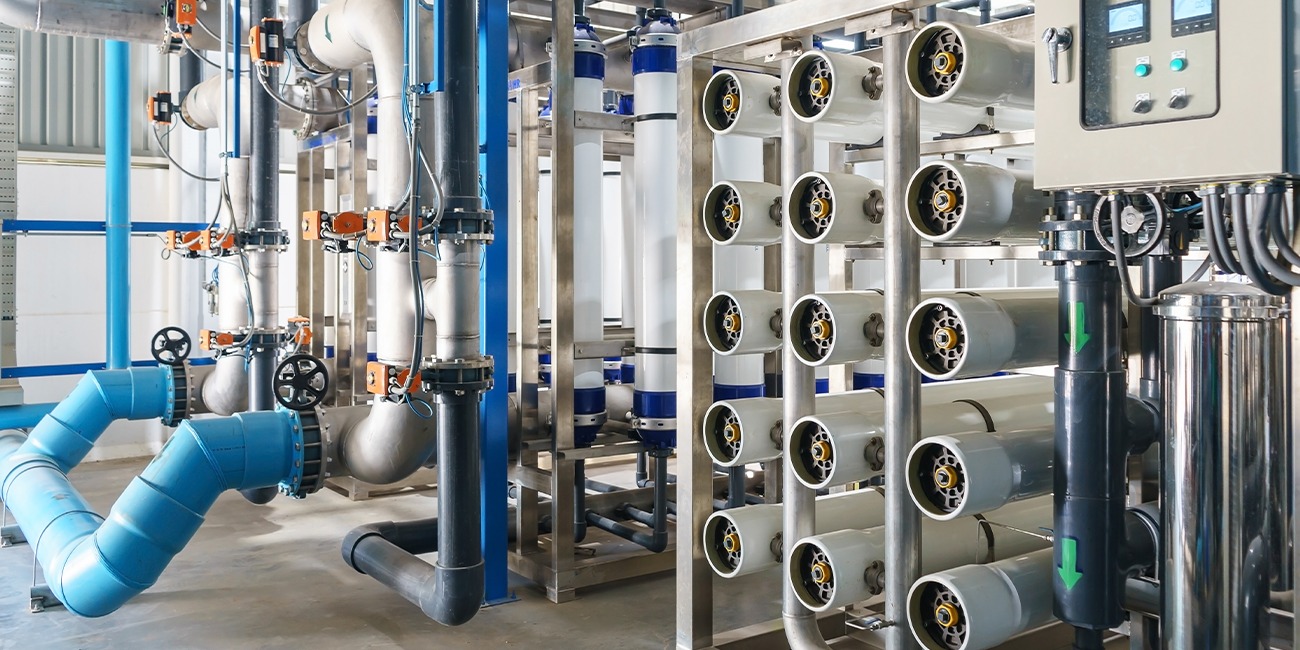A leading chemical manufacturing plant in India faced significant challenges with water consumption in its washing process. The facility required approximately 432 m³ of water per day for washing, all of which was directed to the effluent treatment plant (ETP) before being discharged into municipal streams. This not only placed a heavy burden on the ETP but also resulted in high raw water costs.
In an effort to improve water sustainability, the company explored various water reuse technologies. However, many of the tested solutions failed to meet the required quality standards or achieve optimal recovery rates, making large-scale implementation impractical.
The Solution: Implementing a Closed-Loop Reverse Osmosis System
To address these challenges, the company initiated a comprehensive pilot study aimed at achieving high water quality and maximum recovery with minimal treatment costs. Over three months, pilot testing was conducted using a specialized system, eventually meeting the target performance metrics.
Following extensive analysis, the plant decided to implement a new reverse osmosis (RO) system with a capacity of 16 m³/hour, designed for 94% recovery within a closed-loop process. Installed in 2020, this system rerouted wash water into a collection tank before processing it through a three-stage RO system with minimal pre-treatment. The setup effectively met the required water quality standards (conductivity < 20 µs/cm) while significantly reducing waste. The system was successfully commissioned even amidst the challenges posed by the COVID-19 pandemic.
In 2024, due to the success of the initial implementation, the company expanded this strategy to another process stream, installing an additional RO system with a 10 m³/hour capacity to further enhance water efficiency.
The Technology Behind the Transformation
The closed-loop RO system implemented in the plant is capable of achieving up to 95% water recovery even under challenging feed water conditions. Utilizing advanced membrane technology and energy-efficient pumping systems, this solution extends membrane lifespan while reducing energy consumption. Each installation was tailored with appropriate pre-treatment processes to ensure long-term efficiency and durability.
The Results: Sustainable Water Management Achieved
- Total Water Recovery: Achieved a 94% recovery rate, saving 432 m³ of water daily.
- Cost Savings: Reduced dependency on municipal water, leading to annual savings of INR 4,307,200.
- Wastewater Reduction: Lowered wastewater discharge to the ETP from 700 m³/day to 300 m³/day, cutting treatment costs by 57%.
- Operational Stability: Ensured a reliable water supply, allowing uninterrupted production while promoting water and energy sustainability.
A Model for Sustainable Industrial Water Use
By successfully implementing a high-recovery RO system, this chemical manufacturing plant has transformed its washing water into a sustainable, closed-loop resource. This approach not only reduces water waste and operational costs but also strengthens long-term production stability.
As industries worldwide seek solutions to minimize water consumption and environmental impact, adopting similar closed-loop water reuse systems can be a game-changer in industrial sustainability.




